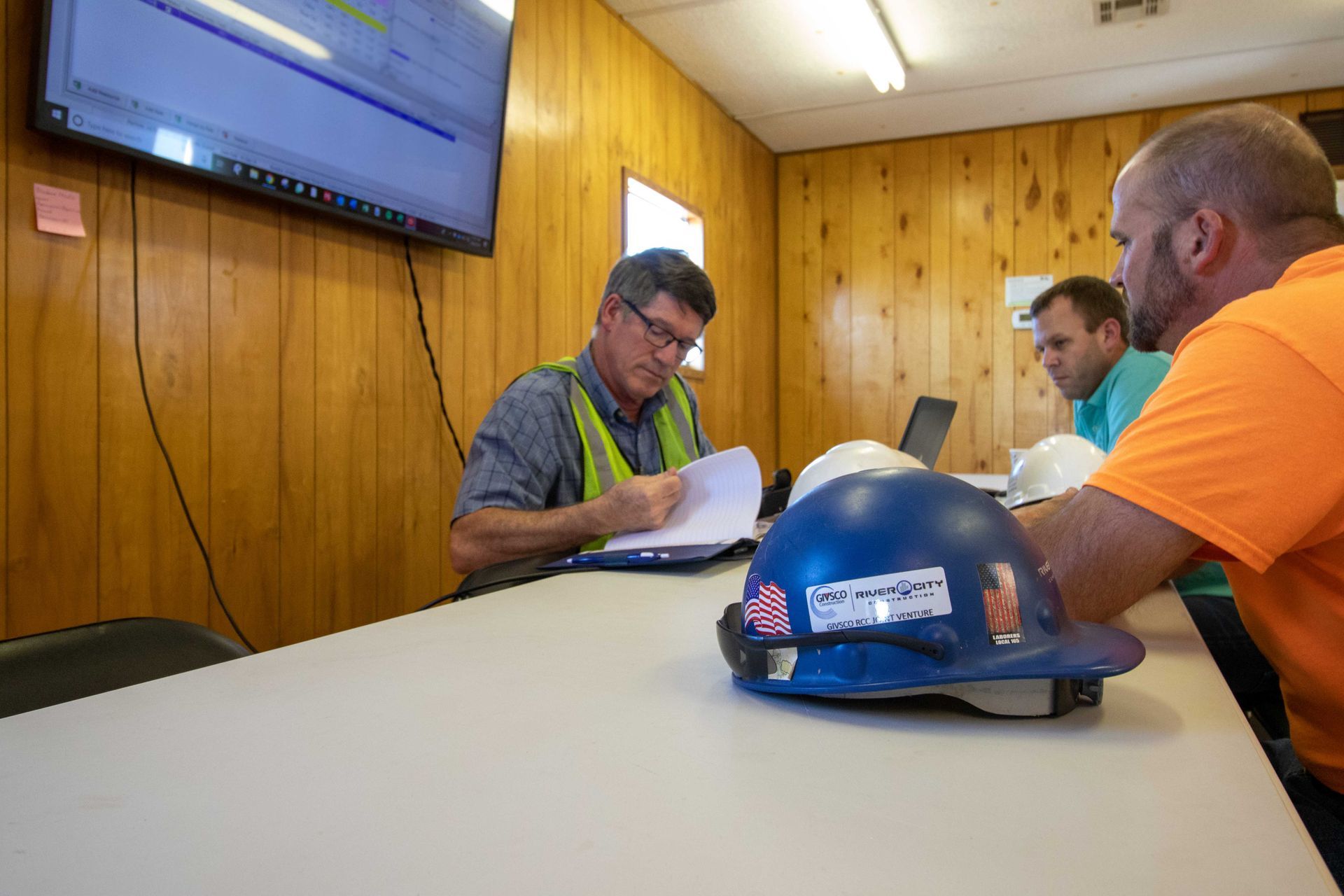Keeping Construction Projects On Track
Stakeholders, investors, contractors, clients: It takes a team to keep a construction project on track, but the more people that are involved, the higher the risk of delays, cost overruns, or even work stopping altogether. While we may not have a crystal ball to predict everything that could go wrong, there is plenty that we can do on and off the jobsite to help things run smoothly.
Through our work scheduling construction projects, training professionals, and acting as an expert witness in construction disputes, we’ve found that some best practices will help mitigate risk.
Keep Communicating
Don’t overlook the importance of overcommunication. Don’t let details (large or small) fall through the cracks — this can cause a domino effect that can ripple throughout the entire project. Encourage all team members to share their feedback and pass along updates as the work progresses; a good way to do this is by utilizing collaboration software.
Open-door communication also builds a culture of accountability. If a problem does come up, team members will feel more inclined to address it ASAP so everyone can work together to find a speedy solution. Non-disclosure can even carry the risk of contract breaches, something that could be a complication at best, but may end up becoming litigious.

Turn to Tech
If you’re in the construction industry (or any industry really) you know that human error can happen. These errors can grow exponentially with the number of team members. While there are some processes (like human labor) that tech can’t replace, there are quite a few that it can, streamlining the project along the way and helping reduce the chance for human error.
Project scheduling, invoicing, accounting, even payroll — when these functions are completed by software it frees up (human) employees to work on the labor-related tasks that help keep construction projects on schedule.
Comb Through Contracts
Every single agreement made regarding a project needs to be backed up with a written, signed contract, with no exceptions. First and foremost, this delivers the scope of work without ambiguities, so the parties involved won’t risk a breach. It helps clarify expectations, like timelines and budgets, both of which are important for a successful construction project.
Additionally, contracts are documentation that could become evidence in case of legal disputes. Although it’s not often that construction projects end in litigation, it does happen, and contracts can expedite a decision.

Don’t Skimp
Skimping leads with substandard work that needs to be redone slows down timelines and bursts bubbles. For clients, this means not choosing the cheapest bid from construction contractors or going with vendors that offer cheap, low-quality construction materials.
For contractors, this means not cutting corners when it comes to labor, supplies, or other costs. While it may be tempting to boost profits by skimping in other areas, it will impact your reputation and customer satisfaction. The bottom line of any business suffers when they don’t deliver on client expectations.
Safety First
The conditions on construction job sites are already inherently dangerous, even if everyone is doing exactly what they should be. One small mistake could cause injury (or worse) that throws everything off. Don’t assume that everyone involved knows how to stay safe; provide ongoing and comprehensive, site-specific safety training.
Optimized project scheduling is also a part of creating a culture of safety. Having the right people with the right skills on the job offers peace of mind. Scheduling will also help managers avoid working their team for longer days, which can lead to fatigue that reduces cognitive function and ultimately, an accident.
Construction project management is a critical piece of any major project and with an expert on the ground. Therefore your project moves as seamlessly as possible through all stages. TD Wilson begins by developing a schedule to manage the work efficiently and cost-effectively and to minimize delays.
Our comprehensive schedules are created to reflect realistic data from technical calculations based on years of experience and seasoned judgment. Our daily, weekly, or monthly updates ensure accurate reporting and facilitate enhanced communications. A CPM Schedule also provides a valuable project history. Like an insurance policy, it’s an important tool for a successful construction project.







